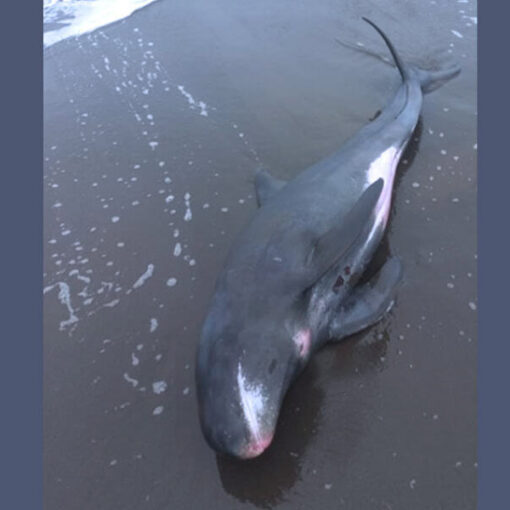With skilled hands and four decades of experience, Aristo Torres mixes tobacco leaves in a cigar factory in northern Nicaragua, most of which are exported to the United States.
To make the cigar “we have to know how to bind the types of tobacco we have, my job is the bonchero,” which consists of making the filler or mix of cigar leaves, the 56-year-old brown-skinned and gray-haired worker explains to AFP.
Nicaraguan cigars are appreciated because the tobacco is grown in volcanic soils and because of its manufacturing process, tobacco growers, merchants and consumers who attend the 11th Puro Sabor Festival in the city of Estelí, about 150 km north of Managua, agree.
“All Nicaraguan tobaccos have a stability of strong flavor, they are rich in flavors, they have a very good body, they are round, they are sweet tobaccos, some are ‘spicy’, and they always have a very important characteristic and that is that the draw and the way they burn is perfect,” said 57-year-old Andrés Díaz Cote, an avid cigar smoker for 25 years.
The tobacco business in Nicaragua emerged in the 1960s on the initiative of Cuban immigrants who fled the island after the 1959 revolution. They found in the lands of the department of Estelí volcanic soils rich in minerals and nutrients that, combined with the tropical climate, were suitable for tobacco.
Since then, the business has grown and now Nicaraguan cigars are among the best in the world, according to industry experts.
“Nicaraguan cigars are smoked in more than 90 countries around the world. Here in Estelí we have more than 150 companies working related to the tobacco industry between agriculture, processing, packaging materials and cigar factories and the best brands in the world are being recognized as from Nicaragua,” says Juan Ignacio Martínez, CEO of Joya de Nicaragua, the country’s oldest tobacco company.
400 million dollars
“I think the best cigars in the world right now come from Nicaragua. As you can see, they are very popular, whether in the United States or if we sell in 92 countries around the world. People love Nicaraguan cigars,” says US businessman Rocky Patel, who also produces cigars in Honduras and the Dominican Republic.
With the COVID-19 pandemic, Nicaraguan tobacco growers feared a downturn in business, but it was the opposite. Amid circulation restrictions, many people set up spaces to work and smoke at home, increasing sales.
“People started consuming more, because it has benefited us and we continue, because we managed to attract new smokers,” said the president of the Nicaraguan Chamber of Tobacco Growers, Manuel Rubio.
85% of production goes to the United States, with sales of around $400 million in 2023. The rest goes mostly to European countries, says Rubio. In the United States, Nicaraguan cigars are favored because Cubans cannot be sold.
The Chamber groups 26 tobacco companies in which, in addition to Nicaraguans, descendants of Cubans and US, Canadian and European investors participate.
A lot of dedication
“For this year we are projecting growth of around 10 to 15% in several of the large companies” in all areas, from the cultivation of some 4,900 hectares to the logistics and manufacturing of cigars, explains Rubio.
Some 35,000 people work directly in the area in the department of Estelí, from where it has spread to Jalapa, in the northern department of Nueva Segovia.
There are also plans for expansion to Somoto, in the northern department of Madriz, and south to Ometepe, the largest island in Lake Cocibolca. In the country there are more than 65,000 people working on plantations, dryers, treatment centers and cigar factories.
While those attending the Festival get to know the cigar making processes in detail, Torres’s hands continue mixing tobacco leaves, a trade he says he enjoys and has been doing for 39 years.
“For me there is something special because I do everything with a lot of dedication. Every day we have to keep learning a little more to keep experimenting to please the customer. If we don’t please the customer we won’t be doing anything,” concludes Torres.
Source link
Tico Times



